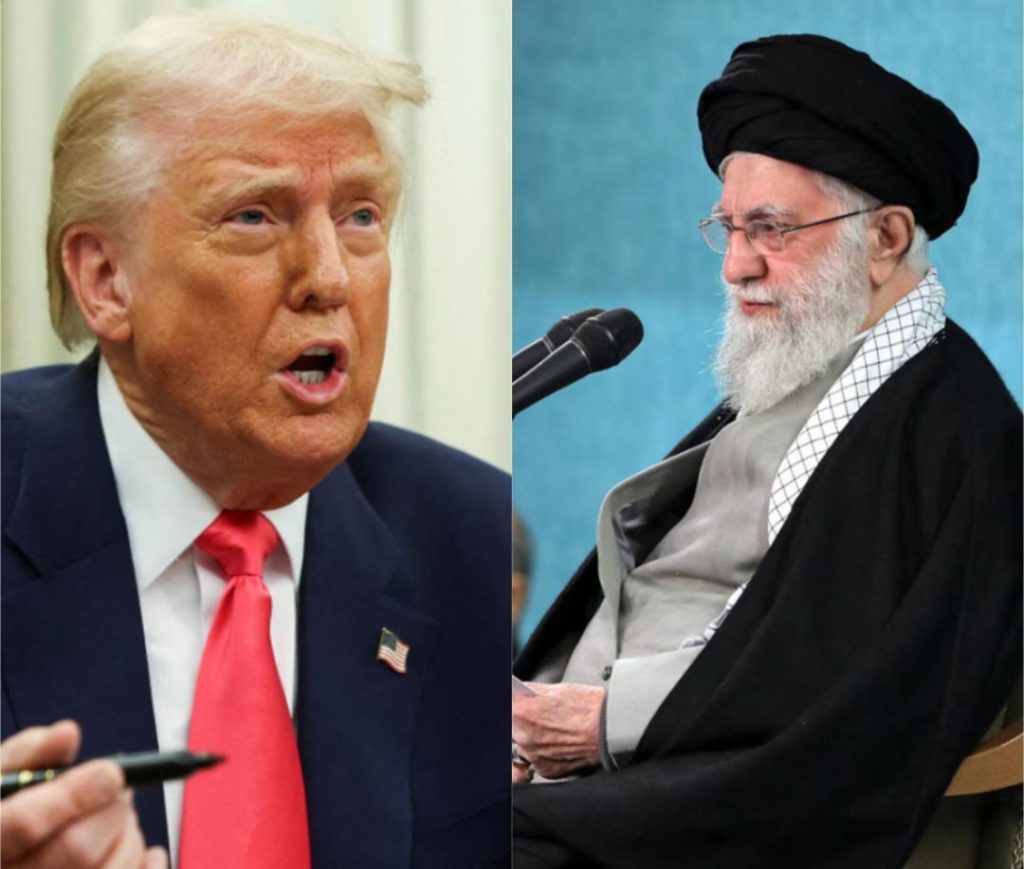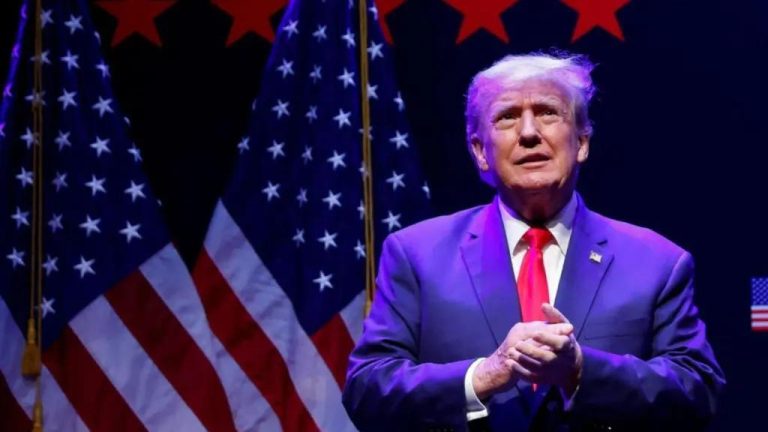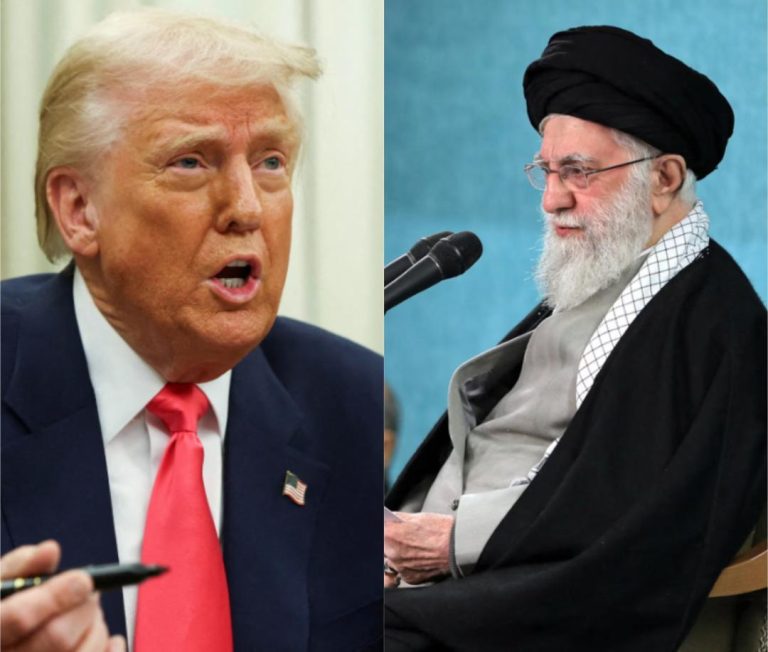
US & Iran begin nuclear talks days after Donald Trump threatened bombing
In a developing story, Iran and the United States have started indirect talks in Oman, as confirmed by Iran on Tuesday. This move comes just days after US President Donald Trump threatened to bomb Iran if it didn’t agree to a deal on its nuclear programme. The talks are being facilitated by Oman, a Gulf Arab state that has historically good relations with both countries.
According to the reports, Iran’s Foreign Minister Abbas Araghchi and Trump’s Middle East envoy Steve Witkoff will represent both sides in the talks. To maintain secrecy and avoid any direct confrontation, they will be given separate rooms and exchange messages via Oman’s Foreign Minister.
The talks are taking place under the shadow of regional conflict, with tensions between Iran and the US remaining high. The situation has been escalating over the past few months, with both sides exchanging threats and engaging in a war of words.
In a recent statement, President Trump warned Iran that if it didn’t come to the negotiating table and make a deal on its nuclear programme, he would take military action. Trump’s comments were met with strong opposition from both Iran and its allies, who accused him of playing with fire and threatening regional stability.
Iran has consistently maintained that its nuclear programme is peaceful and for civilian purposes, while the US and other Western countries have accused it of pursuing a nuclear weapons programme.
The indirect talks are seen as a significant development in the ongoing crisis, as it marks the first time in months that the two sides have been able to engage in direct communication. The talks are also a sign that both sides are willing to listen to each other and find a peaceful solution to the crisis.
The Iranian Foreign Minister, Abbas Araghchi, was quoted as saying that the talks were a “positive step” and that Iran was committed to finding a peaceful solution to the crisis. He also emphasized that the talks were not a sign of weakness, but rather a demonstration of Iran’s commitment to dialogue and diplomacy.
The US has also welcomed the talks, with a State Department spokesperson saying that the US was “open to negotiations” and was willing to work with Iran to find a peaceful solution to the crisis.
The indirect talks are expected to be a complex and challenging process, with both sides having different demands and expectations. However, the fact that the talks are taking place at all is a significant development and a sign that both sides are willing to engage in dialogue.
In a statement, the Omani Foreign Minister, Yusuf bin Alawi bin Abdullah, said that his country was happy to facilitate the talks and was committed to finding a peaceful solution to the crisis. He also emphasized that Oman was committed to maintaining good relations with both Iran and the US.
The talks are taking place against a backdrop of regional tensions, with the US and its allies accusing Iran of supporting militant groups in the region and Iran accusing the US of trying to destabilize its government.
The crisis has been escalating over the past few months, with both sides exchanging threats and engaging in a war of words. The situation has also been complicated by the presence of other regional powers, including Saudi Arabia and Israel, which have been accused of trying to destabilize the region.
Despite the challenges, the indirect talks are seen as a significant development in the ongoing crisis, and a sign that both sides are willing to engage in dialogue and find a peaceful solution to the crisis.






